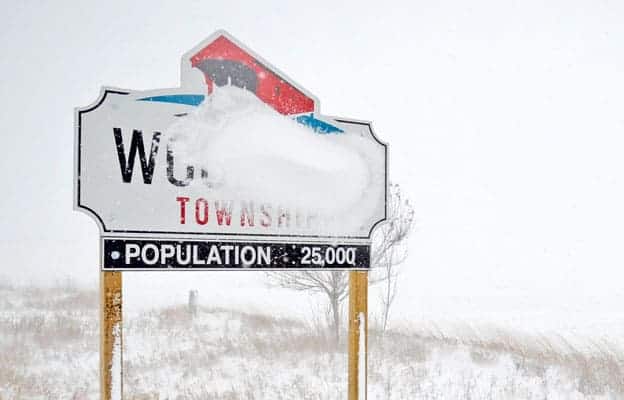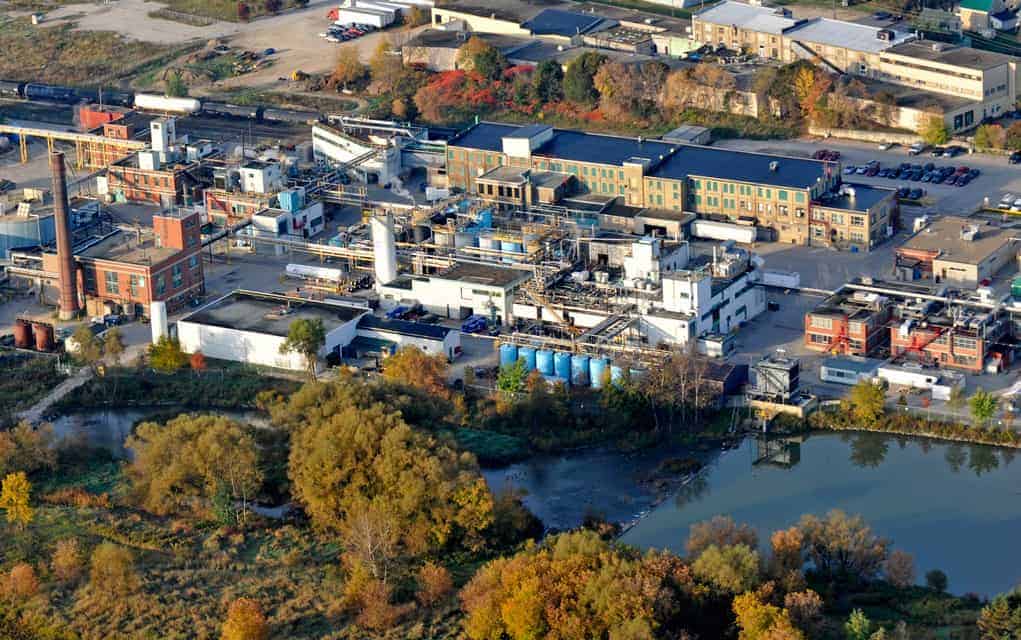Given the number of animals who’ve died in barn fires in Ontario this month, the provincial government and local fire officials are emphasizing the need for farmers to be more mindful of barn safety.
Some of the recent barn fire deaths include 2,100 pigs in Middlesex county, 500 goats and 30 cattle outside London, 13 horses in Mount Forest, and more than 40 racehorses in Puslinch Township.
Woolwich has been spared from such disaster in recent years, but township fire prevention officer Dennis Aldous says farmers should make sure they’re taking all necessary precautions.
“Having your hydro panel checked and cleaned and having fire extinguishers and knowing how to use them can actually help early detection, early recognition, getting us there quicker. And it even actually eliminates an event from happening,” Aldous said.
The Ministry of Agriculture, Food and Rural Affairs sent out a list of best practices for farm owners this week, noting Ontario barn fires cost an average of more than $25-million annually between 2012 and 2014.
Aldous encourages farmers to not smoke inside of the barn, keep the yard clean so there’s no chance of anything igniting, and ensure heaters are well maintained and all electrical work is safe.
“A chewed wire by a mouse or a cat can create a lot of havoc in a barn,” he said.
He recalls a barn fire a couple years ago in Floradale due to deteriorated wiring in the barn wall that was covered up. There was minimal damage because it was caught quickly and extinguished by the property owners.
“We don’t seem to see a lot of them. We’ll have three or four and then we won’t have any for awhile. I think the last barn fire where we had a loss was where that young lad perished out here in St. Jacobs, but that was like four years ago,” he said.
“We’ve had a couple of small ones, but nothing major like that.”
Keeping a fire extinguisher on hand is only one of the suggestions made by OMAFRA. Farmers should have a reliable source of water easily accessible by the fire department, keep flammable liquids out of the barn, get their electrical equipment inspected by a licensed electrician annually, and clean up all clutter to avoid the risk of fire spreading should it break out.
The fire department does rural pre-planning, which is their own way of fire prevention. They go out and determine how they would look at a fire on a particular farm, where they would set up, and what the hazards are. But an actual inspection, they haven’t really done that. He adds a few years ago they sent out a check list that came from the fire marshal’s office, showing farmers what they should be looking at to keep their barn safe.
“East Perth, they started a farm safety program and late last year we had talked about implementing it but we’ve never really had a formal time to be able to do that. But we are looking at implementing a process like that where they can call us and we can go out and do an inspection, look at the farm and tell them what they need to do,” Aldous said.
He says they have farmers in their volunteers stations which help spread the safety message through word of mouth. The department also attends local farm shows and open houses at things like farm equipment dealers to promote farm safety and also provide some fire extinguisher training.
“If they have a question and they want to, don’t hesitate to get a hold of us at the fire department and we can come out and help them.”









